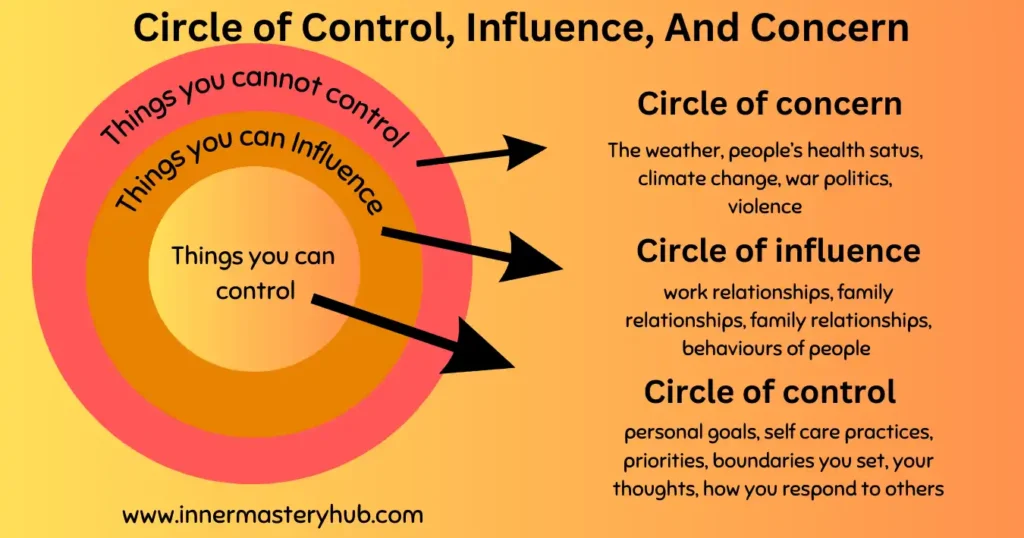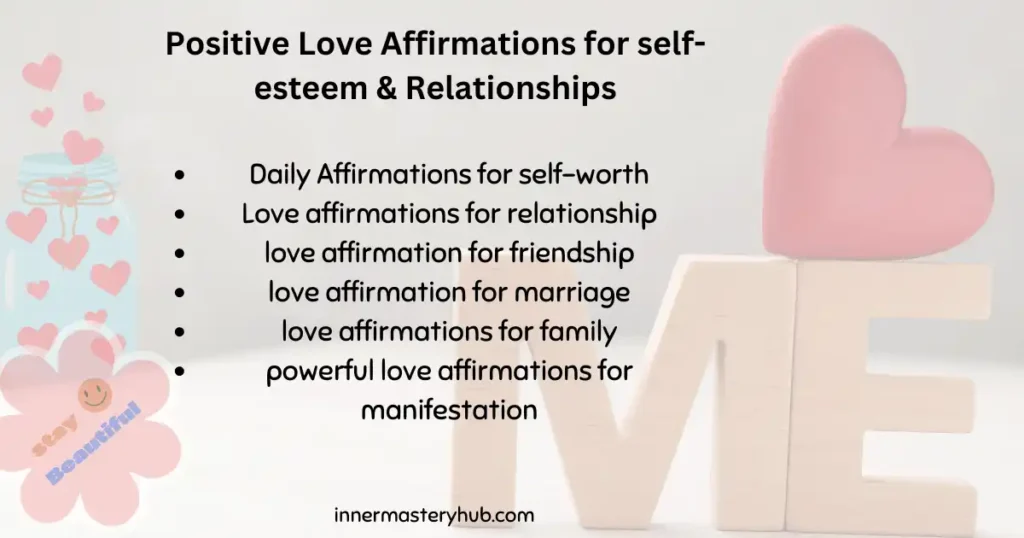I Hate My Sister? 11 Signs To Understand What’s Really Going On
Why I Hate My Sister?
Feeling “I hate my sister” usually reflects hurt, jealousy, or unresolved conflict rather than true hatred. Sibling relationships are emotionally intense because they involve comparison, shared history, and unmet needs. Understanding the real emotion beneath the anger can help you respond calmly, set boundaries, and improve communication, rather than deepening resentment.

You know that feeling when you think, “I hate my sister”? It’s tough. There can be many reasons behind those emotions, which are often personal and unique to each individual.
Sharing sometimes involves giving and receiving space, attention, possessions, or differences in personality. Perhaps your sister irritates you because she takes stuff from you without asking and occupies your space.
Also, there might be a history of rivalry. This can lead to tension and envy, as you may feel like you’re constantly being compared to her or competing for your parents’ attention and favour.
It’s a typical family dynamic. In a sense, you’re not with anyone else but stuck with them. Interestingly, however, familiarity can sometimes produce hatred. Because you’re so at ease with one another, you might see the worst in each other. According to experts, sibling relationships often carry heavy feelings of jealousy, resentment, or unfinished business.
It doesn’t have to be this way forever because you feel like, “I hate your sister.” As you age, you may discover areas of agreement and common hobbies, or learn to understand one another better. Time and communication have a profound impact on change. Try talking to her honestly, letting her know how you feel. Sometimes, all it takes is letting it all out.
When this feeling remains unspoken or unresolved, it can cause harm. It might lead to:
- Constant tension or low‐grade stress whenever she’s around.
- Isolation, because you avoid her and possibly other family members.
- Regret, guilt, or shame that you “should” feel love or connection.
- Missed a chance for peace or maybe even a better relationship later. For example, research shows that sibling conflict, left unchecked, can persist well into adulthood.
Reasons Why You Might Think “I Hate My Sister”
Some reasons why you might feel like, “I hate your sister”:
You dread being in the same space with her.
If you find your stomach tightening or you choose another room/route just so you don’t bump into her, that’s a sign.
You simmer over small things she does.
Maybe she rolls her eyes, takes your things without asking, again. If your reaction is significantly stronger than the event, something more profound is likely at play.
You compare unfairly: “She always…” vs “I never…”
Comparisons, especially when one side feels favoured, are a root of sibling hatred. Research lists fairness and parental treatment as primary causes.
You feel like you’re competing for your parents’ or family’s attention.
If you think she gets more praise, more freedom, more goodies, and you feel less because of it, resentment builds.
You avoid topics she brings up (and she knows it).
If there are “hot topics” you both avoid (such as past hurts, childhood memories, or family roles), then unresolved issues remain.
You feel less yourself around her.
Maybe you downplay your achievements or hide things because you expect her reaction to be hostile or dismissive.
Old hurt keeps popping up.
Something she did years ago still bugs you. That suggests the root isn’t just the moment, but the memory and what it meant for you.
You catch yourself fantasising, “what if she wasn’t around?“
Extreme thought, but real. You might think, “I’d be happier if she weren’t in my life”, or imagine life without her.
You feel relieved when she’s not around.
At family gatherings or calls, you may feel a sense of calm when she leaves. That relief is a sign your body is under stress around her.
You’re unsure if your feeling is “okay” or “wrong”.
You might feel guilty for hating your sister because everyone says “family means love”. But the fact you’re wrestling with it indicates it’s significant.
You’ve tried to fix it and failed, or fear you will fail.
You might have tried talking, or wished you could, but either she rejects you or you shut down. That’s a signal of bigger underlying issues.
Coping Strategies To Deal with The Dynamic “I Hate My Sister”
If you’re having a tough time with your sister or having feelings like, “I hate my sister, here are some coping strategies that might help:
Identify the reasons why you feel “I Hate My Sister.”
You can use the following particular questions to help you figure out why you might despise your sister:
- Is it true that my parents prefer my sister to me?
- Do my sister’s accomplishments make me feel envious?
- Do I disagree with my sister’s decisions or way of life?
- Has my sister ever harmed or mistreated me before?
- Does it seem like my sister doesn’t value my limits or me?

How to deal with hatred for your sister
How to Deal With Hatred for Your Sister
Feeling hatred toward your sister can be confusing and painful. Family relationships are not always easy, and intense emotions can build up over time. The good news is that there are healthy ways to handle these feelings without hurting yourself or others.
Accept Your Feelings
It’s okay to feel angry or hurt. Don’t judge yourself for these emotions. Accepting how you feel is the first step toward healing.
Set Clear Boundaries
If your sister’s behaviour hurts you, create limits. You don’t have to share everything or stay in every conversation. Boundaries protect your peace.
Avoid Unnecessary Arguments
Not every problem needs a fight. Staying calm and choosing silence can sometimes reduce stress and prevent further anger.
Take Space When Needed
Distance can be helpful. Taking a break from constant interaction allows you to think clearly and regain emotional balance.
Focus on Yourself
Spend time on things that make you feel calm and assertive. Self-care helps reduce negative feelings.
Talk to Someone You Trust
Sharing your feelings with a friend or family member can help you feel lighter and understood.
Decide What’s Best for You
You don’t have to force closeness. Sometimes keeping a respectful distance is the healthiest choice.
“I hate my sister,” Quotes.
- Sisters are like diamonds. They sparkle and are indeed a girl’s best friend.” – Unknown.
- “A sister can be seen as someone who is both ourselves and very much not ourselves—a special kind of double.” – Toni Morrison.
- “Acquaintances were always on their best behaviour, but sisters loved each other enough to say anything,” said Maeve Binchy.
- “Sisters share a special kind of bond. They are there for each other through thick and thin, and they always know how to make each other laugh.” – Unknown.
- “A sister is a gift to the heart, a friend to the spirit, a golden thread to the meaning of life.” – Isadora James.
Final Thoughts
If you hate your sister, it signals that something significant in your relationship needs attention. It might not feel dramatic, but beneath the surface lies a story, one of hurt, rivalry, comparison, identity, or loss. The good news is that recognising the sign is the first step toward change. Whether you heal the relationship or learn to live more peacefully without it shifting, you deserve peace.
FAQs about “I hate my sister“.
Why do I hate my sister?
You feel hate due to unresolved childhood rivalry, favouritism from parents, ongoing conflict, or one of you feeling ignored or undermined.
How can I cope if I hate my sister?
Set boundaries, reflect on what triggers you, communicate when possible, and consider therapy if the feelings are overwhelming or constant.
What if the hatred between my sister and me is mutual?
When both sides feel hurt, communication must focus on healing rather than attacking. Recognising shared pain may pave the way for resolution.
How can I overcome my hatred of my sister and move toward acceptance?
Start by understanding the root of your anger, practising empathy, setting healthy boundaries, and taking care of yourself individually, which contributes to peace.
What to do when you don’t like your sibling?
It’s okay not to like your sibling. Give yourself space when needed, set clear boundaries, and avoid unnecessary arguments. Focus on being respectful, not close. Talk to someone you trust about your feelings, and remember you don’t have to force a strong relationship.
How to deal with a toxic sister?
Dealing with a toxic sister starts with setting clear boundaries. Stay calm, limit arguments, and avoid manipulation. Communicate honestly when needed, protect your emotional space. You can care about family without accepting harmful behavior.
.






